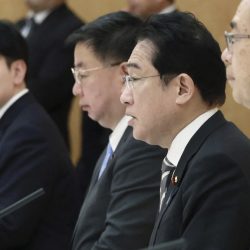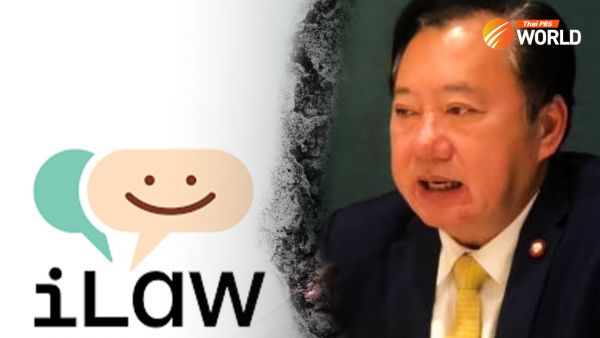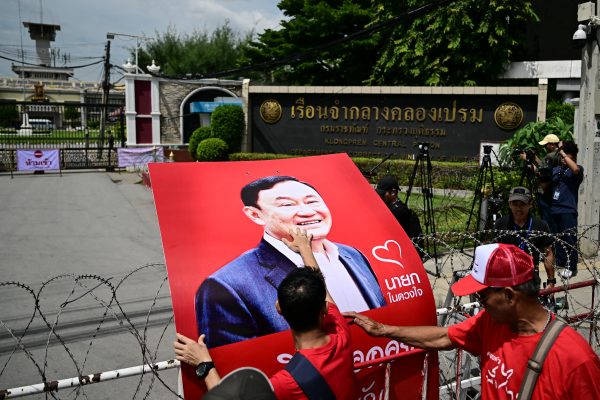France – in search of “strategic autonomy”

French President Emmanuel Macron’s three-day visit to China turned out to be a game-changer in ways no one could have expected. Whatever he said during the meeting with Chinese President Xi Jinping and in interviews with the French media sent a strong signal to his colleagues in Europe that they must speak out and maintain Europe’s strategic autonomy, which used to be its hallmark.
Macron was very brave in expressing his views about the current geopolitical situation, especially the contested US-China ties and the many issues related to their rivalry, which are getting deeper by the day.
So far, he is the only European leader to come out against the rush to back the US policies under the Biden administration regarding Taiwan. In his interview with the French media, he was clear that Europe must not be sucked into the current narratives led by Washington, nor into China’s reactions. He preferred the present status quo regarding Taiwan, which has been the staple policy of Europe. Obviously, his comment comes at a time when the Taiwan issue is a hot topic both in the US and Europe. The meeting in early April of Taiwan’s President Tsai Yong with the US House Speaker, Kevin McCarthy, added fuel to the fire that is angering China. Therefore, Macron’s comments received a great deal of attention and were criticized by his European colleagues and the media. In the US, former president Donald Trump was extreme and used very strong language, accusing him of seeking favours from Beijing.
France is often caught in a diplomatic crossfire, due to its history of liberal and independent policies. France is a member of NATO with the US as a key ally and friend. Beyond key security issues, such as the Russia-Ukraine, however, France would like to maintain its own foreign policy initiatives. In other words, France wants to protect its own strategic autonomy. In fact, many new security ideas focused on protecting Europe come from France. Among them his idea of having a European security force, as well as strengthening political cooperation without US involvement. Currently, NATO defines the security of Europe. What the world’s largest military organisation does or will do is very much dependent on the perspectives from across the Atlantic.
No doubt, France has long diversified its external relations. Macron has not been shy in engaging countries in the Indo-Pacific region, or even in the far-flung Pacific islands. Truth be told, France was the first to come out with a strategy on the Indo-Pacific, due to its colonial influence in the neighbourhood and the Pacific Ocean. Paris’s strategy was more comprehensive and was not aimed at a third country. Recent announcements of Indo-Pacific strategies by several European countries and Canada were aimed at containing the rise of China, and only differed in descriptions and prescriptions.
Lest we forget, France was the first European country to accede to the 1976 ASEAN Treaty of Amity and Cooperation in Southeast Asia (TAC) back in 2007. Since its inception in 1967, ASEAN has been wary of the Western powers and their predisposition to interfere in regional affairs whenever they see fit. Therefore, whenever major powers such as the US, Germany, the UK and Russia, among others, accedes to the TAC, the bloc welcomes such moves.
France has always been active in diplomatic strategies with developing countries, but their engagements tend not to be reported or viewed as part of Washington’s ongoing efforts to strengthen cooperation and relations with friends and allies. When Macron chose to be present at the Asia Pacific Leaders’ Meeting in Bangkok in November last year, his European colleagues were flabbergasted. Macron’s participation raised his country’s diplomatic stature and profile by several notches. Furthermore, he also had the unique opportunity to promote economic cooperation with 22 economies. Among the three European great powers, namely France, the UK and Germany. France is still ahead of the curve in terms of plans and actions related to the Indo-Pacific.
Macron realises that good ties with China are the key to stability and prosperity in the Indo-Pacific, which is also a huge export market for France. Their friendship will also help to reduce tension and the impacts of US-China competition in this part of the world. As such, Macron’s views resonate well with Thailand and ASEAN, which want to preserve their strategic autonomy.
By Kavi Chongkittavorn






